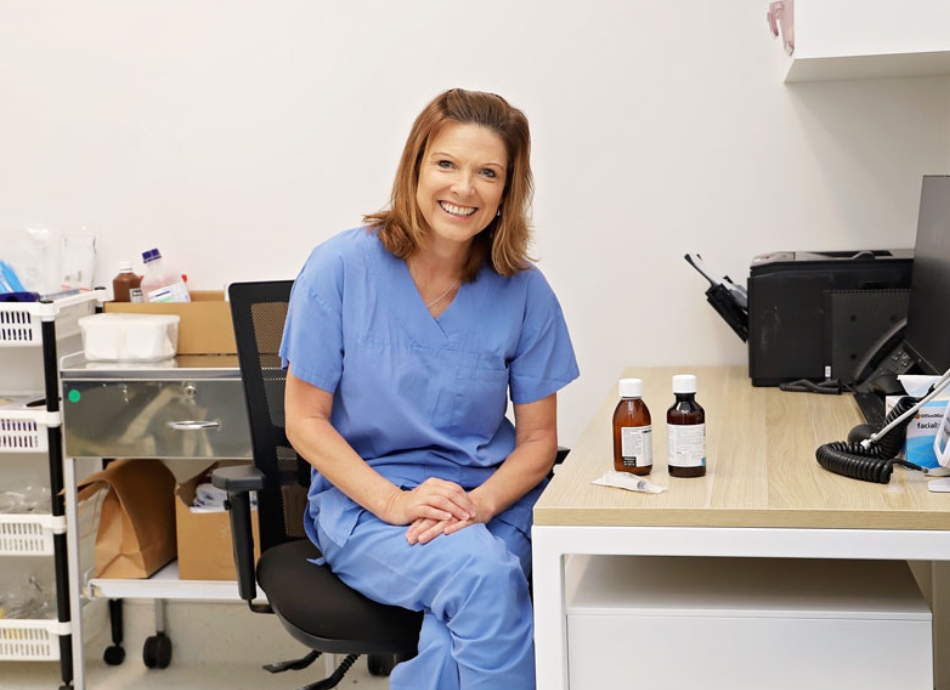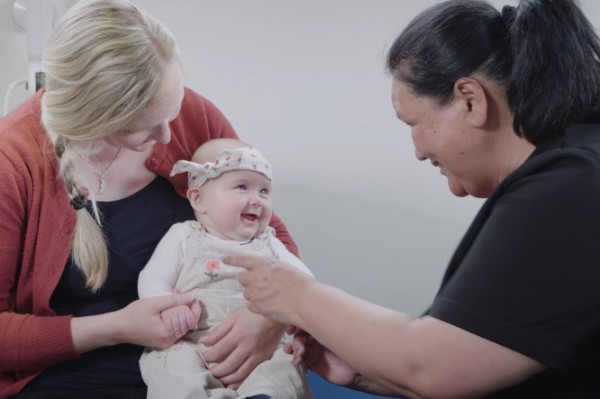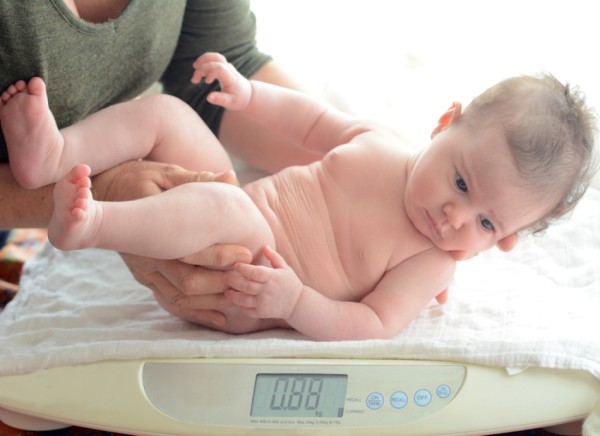You can now add Healthify as a preferred source on Google. Click here to see us when you search Google.
Nurses and doctors in primary care
Healthcare providers in your local community
Key points about primary healthcare providers
- Primary care is the part of the health system that's in your local community. It's the part you contact first for health care.
- For most health needs, and if you're sick and it's not an emergency, you should visit your local medical centre or GP clinic.
- Who you see can depend on what your healthcare need is. You may be seen by a practice nurse, a nurse practitioner or a GP.
- If you're not sure which healthcare provider you should see, in most medical centres the receptionist can put you in touch with a practice nurse to help match your need with the right provider.

A general practitioner, or GP, is a medical doctor who specialises in providing wide-ranging medical care in the community. You can see a GP at your medical centre or GP clinic.
GPs provide medical care that includes the diagnosis and management of complex medical issues. It could be:
- an acute condition – a sudden or short-term problem such as an accident or infection
- a chronic condition – a long-term problem such as asthma or dementia
- preventive care – guidance on how to stay well, lower the chance of getting some conditions or detect health problems early.
Read more about GPs.
It's best to enrol with a GP practice if you’re eligible for publicly funded primary health services in Aotearoa New Zealand. Find out if you're eligible(external link).
It costs nothing to enrol and if you enrol with a general practice you’ll pay less when you see a GP or nurse than if you're not enrolled. Contact a general practice(external link) in your area to find out how to enrol.
Most medical centres (also known as primary care clinics) in Aotearoa New Zealand have practice nurses working alongside GPs. Practice nurses are registered nurses (RNs), which means they have a 3-year university degree and are registered with the Nursing Council of New Zealand. Practice nurses are often the team members who triage (prioritise) acute medical problems. Your practice nurse may be able to sort out a problem over the phone or in person, organise a test, form or prescription, or arrange an appointment with the right person. Practice nurses play a key role in educating you and your whānau about your hauora (health and wellbeing).
It’s a good idea to book an appointment with a practice nurse if you need advice about:
- managing your diabetes
- osteoporosis
- weight loss
- asthma management
- blood pressure management
- wound care
- eczema management
- quitting smoking.
A nurse can also help you with:
- routine childhood immunisations
- other immunisations such as flu vaccine or shingles vaccine
- organising home help or personal alarms
- minor cuts and scrapes
- cervical screening.

Image credit: Healthify He Puna Waiora
Registered nurse prescribers
Some registered nurses in primary care have a prescribing diploma and are authorised by the Nursing Council of New Zealand as designated prescribers. This means they can prescribe from a list of medicines for certain long-term or common conditions under the guidance of a GP. You may be able to get a prescription from them rather than needing to see a doctor or nurse practitioner at your practice. Read more about registered nurse prescribers(external link).
Nurse practitioners are highly-skilled nurses who have advanced education and clinical training and have completed a master’s degree. They often work in rural areas and underserved communities to ensure all people in Aotearoa New Zealand have access to healthcare.
Some nurse practitioners work in general practice clinics and some run their own clinics. They can diagnose health conditions, order tests and prescribe treatments and medications within their area of expertise. If you have a nurse practitioner in your area you can book an appointment with them as you would with your GP.
Read more about nurse practitioners.
Clinical nurse specialists (CNSs) are highly-skilled registered nurses who have advanced education and clinical training in a particular area of health, such as mental health or asthma. Depending on their training, they may also be a nurse prescriber. A CNS may be employed to go to several different medical centres to run clinics in their speciality area, such a diabetes clinic. Clinical nurse specialists also work in hospital specialities.
Some medical clinics, especially in rural areas, are run by nurses and don’t have a GP on site.
If you're not sure which healthcare provider you should see, in most medical centres the receptionist can put you in touch with a practice nurse to help match your need with the right provider.
There are other healthcare providers you may see, either at your general practice, at home or somewhere else in your community.
These include:
- Clinical pharmacists who you may see at your general practice for help monitoring and managing your medicines if you have an ongoing health condition (eg, diabetes).
- Health improvement practitioners (HIPs) who can help you with your overall wellbeing.
- Health coaches who work with HIPs and the rest of the general practice team to support you to understand your condition and to make lifestyle changes.
- Counsellors who help you mentally deal with challenges and manage your emotions, thoughts and behaviour.
- Psychologists who assess and treat problems with psychological wellbeing can work within medical centres or in their own clinics.
- Paramedics usually work for an ambulance service but some work within general practice teams, mainly to provide urgent care for people with life threatening conditions. They can also provide ongoing monitoring and provide health advice.
- District nurses are registered nurses who work out in the community and can visit you in your own home if you need support with an ongoing problem (eg, a leg ulcer) or additional nursing care after an operation or a fall.
- Healthline staff are on the end of the phone when you call 0800 611 116. You may talk to a registered nurse or a paramedic. They can provide free advice 24/7 on the spot or if your need for advice isn't urgent they can call you back.
- Well Child Tamariki Ora nurses(external link) who support you and your child up to the age of 5 years.

Image credit: Depositphotos
References
- Well Child Tamariki Ora programme(external link) Health New Zealand | Te Whatu Ora, NZ
- Nurse practitioners in New Zealand(external link) Ministry of Health, NZ, 2024
- Plunket nurses(external link) Plunket, NZ
- General practices(external link) Health New Zealand | Te Whatu Ora, NZ, 2024
- Healthline(external link) NZ
Credits: Healthify editorial team. Healthify is brought to you by Health Navigator Charitable Trust.
Reviewed by: Dr Emma Dunning, Clinical Editor and Advisor
Last reviewed:





